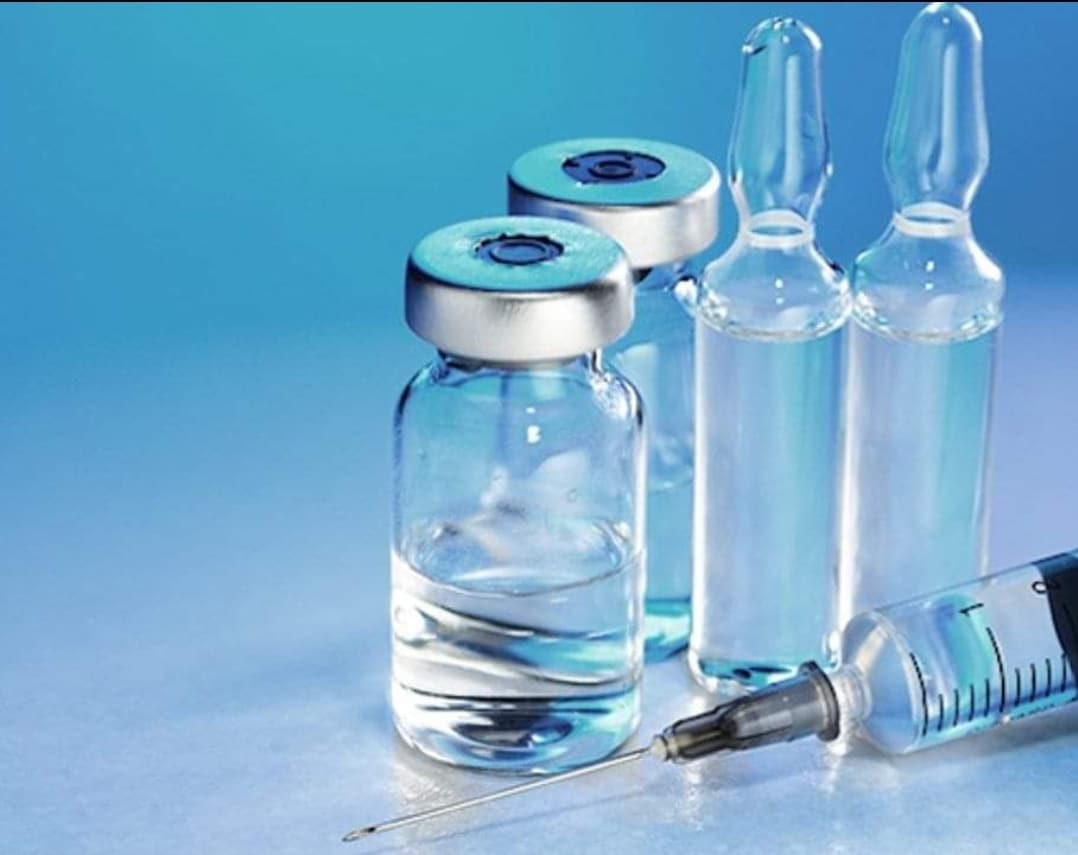USP Conductivity Testing of Parenteral Solutions
The United States Pharmacopeia (USP) is a widely recognized standard that ensures the quality, safety, and efficacy of pharmaceutical products. One critical aspect of ensuring the purity and integrity of parenteral solutions—solutions intended for injection or infusion—is the measurement of their electrical conductivity. This test plays a pivotal role in assessing the presence of ions within the solution, which can indicate contamination, improper formulation, or degradation.
Conductivity testing is particularly important because it helps identify impurities that could affect the stability and safety of injectable products. The USP provides specific guidelines for this type of analysis, ensuring consistency across laboratories worldwide. In this service, we employ advanced instrumentation to conduct conductivity tests on parenteral solutions according to these standards.
The process begins with meticulous sample preparation, where the solution is filtered or centrifuged if necessary, to remove any particulate matter that could interfere with accurate measurement. Once prepared, a small volume of the solution is introduced into the conductivity cell of an ion-selective electrode (ISE) or conductimeter for analysis.
During the test, ions in the parenteral solution displace electrons, creating a measurable current. The strength of this current provides a direct indication of the total ionic concentration in the sample, which translates to its conductivity value. This value is then compared against predefined acceptance criteria outlined by USP guidelines.
The results of these tests are crucial for ensuring that parenteral solutions meet stringent quality standards set forth by regulatory bodies like the FDA and EMA. By adhering to these guidelines, pharmaceutical manufacturers can guarantee consistent product performance across batches and lots, reducing the risk of adverse events associated with contaminated or improperly formulated products.
Our laboratory employs state-of-the-art equipment calibrated according to USP specifications to ensure accurate results every time. Our team of experts is well-versed in these procedures, ensuring that each test adheres strictly to the relevant sections of the USP. This service not only supports compliance with regulatory requirements but also enhances product quality and safety.
Through rigorous testing methods, we contribute significantly to maintaining high standards in healthcare by preventing potentially harmful products from reaching patients. By leveraging our expertise and advanced technology, we ensure that every batch of parenteral solution undergoes thorough evaluation to meet the highest standards of purity and efficacy.
Benefits
- Enhanced Product Quality: Ensures that each batch of parenteral solutions meets strict USP standards, thereby enhancing overall product quality.
- Regulatory Compliance: Guarantees adherence to FDA and EMA regulations, reducing the risk of non-compliance penalties.
- Patient Safety: Identifies potential contaminants early in the manufacturing process, minimizing risks to patient health.
- Informed Decision-Making: Provides reliable data that supports informed decisions regarding product formulations and batch release.
Industry Applications
This service is particularly valuable for pharmaceutical companies involved in the production of injectable or infusion solutions. It supports a wide range of applications, including:
- Bioavailability studies to ensure the drug reaches its intended site of action efficiently.
- Compatibility testing between different ingredients within formulations.
- Detection of trace contaminants that could affect product stability over time.
- Quality control during manufacturing processes to maintain consistent batch quality.
Environmental and Sustainability Contributions
Our commitment to accuracy and precision in USP conductivity testing aligns with broader environmental stewardship efforts. By ensuring that pharmaceutical products are free from contaminants, we contribute to safer waste streams downstream. This service helps minimize the potential for adverse reactions or ineffective treatments, which can have significant environmental impacts if improperly managed.
Furthermore, by reducing the risk of recalls and product withdrawals, our testing supports sustainable business practices within the healthcare industry. These actions not only protect public health but also contribute to long-term sustainability goals.





